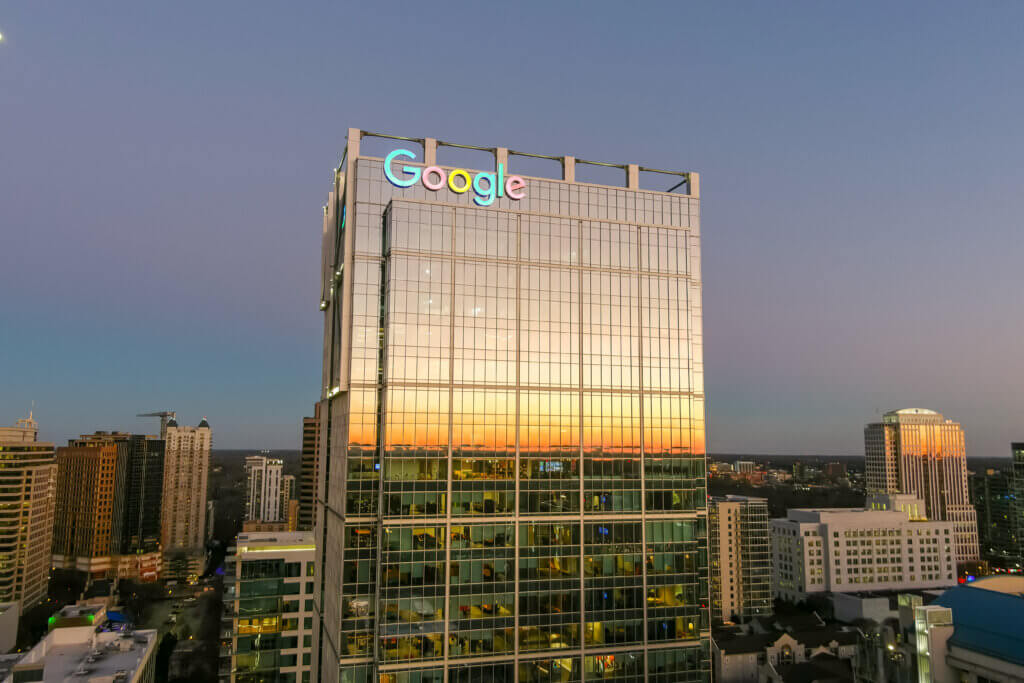Artificial intelligence is rapidly disrupting every aspect of professional life around the world. Between coders, computer programmers, copywriters, and research analysts, tools like ChatGPT are quickly demonstrating why we may be living through the most impactful tech transformation since the industrial revolution.
Healthcare is no exception. The healthcare market not only represents trillions of dollars of the American economy, it is also a critical function of society that never stops running. This has become especially relevant since the COVID-19 pandemic, where demand for telehealth and home healthcare services has skyrocketed. Healthcare has expanded beyond the hospital, representing a more diversified, converged, and tech-forward service available to all sub-sectors of society.
Data is at the heart of this rapid expansion. Healthcare practitioners and research scientists rely on multi-modal datasets to produce life-saving drugs and critical therapies to serve patients. This is a tremendous opportunity for AI/ML technology to increase its presence in the healthcare industry. It’s also an opportunity for healthcare brands to become more serious about staking their claim in the communications arena.
Companies that are investing resources into artificial intelligence are now equipped with a catalyzing brand differentiator. From a communications perspective, this also means that proactive association with the technology brings unique possibilities and challenges to manage varying perceptions of its adoption.
A crucial factor to consider while weighing these challenges is the audience. For consumer-facing healthcare providers, nascent technologies like AI can elicit discomfort when directly tied to therapies that influence the body. On the other hand, venture-backed B2B companies often see more benefit in aggressively branding AI usage as a fundraising stimulant and key driver for investor demand. This has quickly scaled up in recent years.
In the past three years alone, venture capital investment into Generative AI has increased by 425% since 2020, reaching up to $4.5 billion in 2022, according to Pitchbook. For the healthcare industry, the fruits of this investment have resulted in widespread structural improvements, perhaps none more critical than the use of AI/ML to develop COVID-19 vaccines in under 12 months.
While communicating these benefits is by no means a straightforward task, it’s become clear that without a clear strategy addressing the needs of all critical stakeholders, businesses face the risk of being left behind in the rapidly evolving AI conversation.
Table of Contents
Sub-sector focus: Biotech
Biotechnology is an immediate benefactor of the technology’s widespread adoption. According to the Congressional Budget Office, experts estimate that it costs over $2 billion and takes over eight years to safely develop, test, and manufacture a drug. For those that do pass development, only 10% of candidates receive FDA approval in the United States, forcing patients that suffer from life-threatening diseases to wait years until they have access to treatment.
Startups are investing billions of dollars to help reduce this timeframe and spend years testing genetic sequences to produce data supporting a target drug candidate. Generative AI’s ability to automate and evaluate millions of proteins and molecules can dramatically reduce the time and cost spent on drug production, and speed up the execution of these crucial therapies at scale.
This effect has started to take shape. Pharmaceutical companies are rapidly scaling their use of Generative AI algorithms that leverage massive datasets to produce the desired properties for drug development. Institutional investors tend to agree: In 2022 alone, the Generative AI in Biotech market reached over $54 billion, and it is estimated to reach over $472 billion by 2032.
This widespread incorporation of AI technology can fundamentally transform the perceptions of the biotech industry as a whole. Proactive communicators are recognizing the opportunity to leverage the collective fixation on AI to position the two sectors as interconnected. For the researchers and scientists at the heart of drug development, this can be instrumental in driving investor support and industry recognition.
That being said, not all healthcare providers are taking the leap into branding AI. Consumer, regulator, and partner perceptions are not monolithic, and communicators must factor persisting resistance into their strategic messaging.
Navigating Messaging Barriers for Critical Stakeholders
While investors continue to fuel the sector’s growth, widespread adoption still faces steep barriers. Questions surrounding protecting intellectual property at the risk of speedy development remains a key concern for the patent holders and scientists who spent their life creating novel solutions to complex diseases.
Consumer protections are also top in mind, as the threat of patient data hacks become increasingly alarming as more hospitals and providers leverage the technology. This has sailed into the regulatory radar recently, with figures like Lisa Khan of the Federal Trade Commission arguing that AI poses serious societal risks if left unchecked.
Many in the industry also hold the view that regulators simply need a larger sample size to prove that the evidence of its perceived benefits across healthcare sub-sectors outweigh the costs. While consumer excitement around the technology remains high, it’s clear that the yellow tape won’t be lifted without widespread buy-in from government stakeholders.
Subscribe to our Newsletter
Get exclusive strategies and insider insights to boost your influence.
Regulatory Roadmap: Engage in Proactive Communications
Regulatory uncertainty also means that healthcare providers must be more proactive about disseminating their goals, objectives, and plan of action to engage with AI. Patient data is a naturally sensitive resource, and health platforms without a transparent communications strategy could see their customers’ trust quickly erode with doubts over their privacy.
Communications consultancies play a pivotal role in ensuring this trust is protected. These experts provide consumers a well-rounded understanding of the specific strategies that their healthcare providers are taking to ensure their data remains secure, while making clear the vast array of benefits they stand to gain from widespread adoption.
Legacy technologies stand the test of time, and with it the blanket of legal protection. Fundamentally disruptive services like AI show great promise to improve patient outcomes, but also lack a clear roadmap for all-encompassing legitimization. Firms that are able to communicate this reality with their customers will find less friction and more confidence – a clear sign that the communications function will continue to grow alongside technological innovation.
That being said, the race to regulate isn’t completely in the hands of public actors. Healthcare providers and practitioners must engage with government regulators to bridge the gap between consumer protection and incentivized innovation. Government relations services are another key lever to pull in order to ensure regulatory bodies are able to understand and incorporate AI’s widespread benefits into their legislative recommendations. Legislation is a two-way street, and private sector engagement will be a crucial litmus test for its ultimate success.
Never Miss a Chance to Get Ahead
The reality is that we are still in the very early innings of the true impact that Generative AI technology will have on the healthcare industry. Like all nascent technologies, it will be years, even decades until we see true adoption at scale. That being said, the immediate impact that AI/ML has already had across sub-sectors of the healthcare industry serves as an indication that our methods of treating and curing diseases may be in their infancy stage. Communicators face the tremendous opportunity to lead it beyond.
Every communications leader needs a trusted team of strategic advisors as they navigate challenges in a rapidly changing world. Experience firsthand how the right team can make an impact on your brand and business performance – to request a consultation today, Contact Us.






